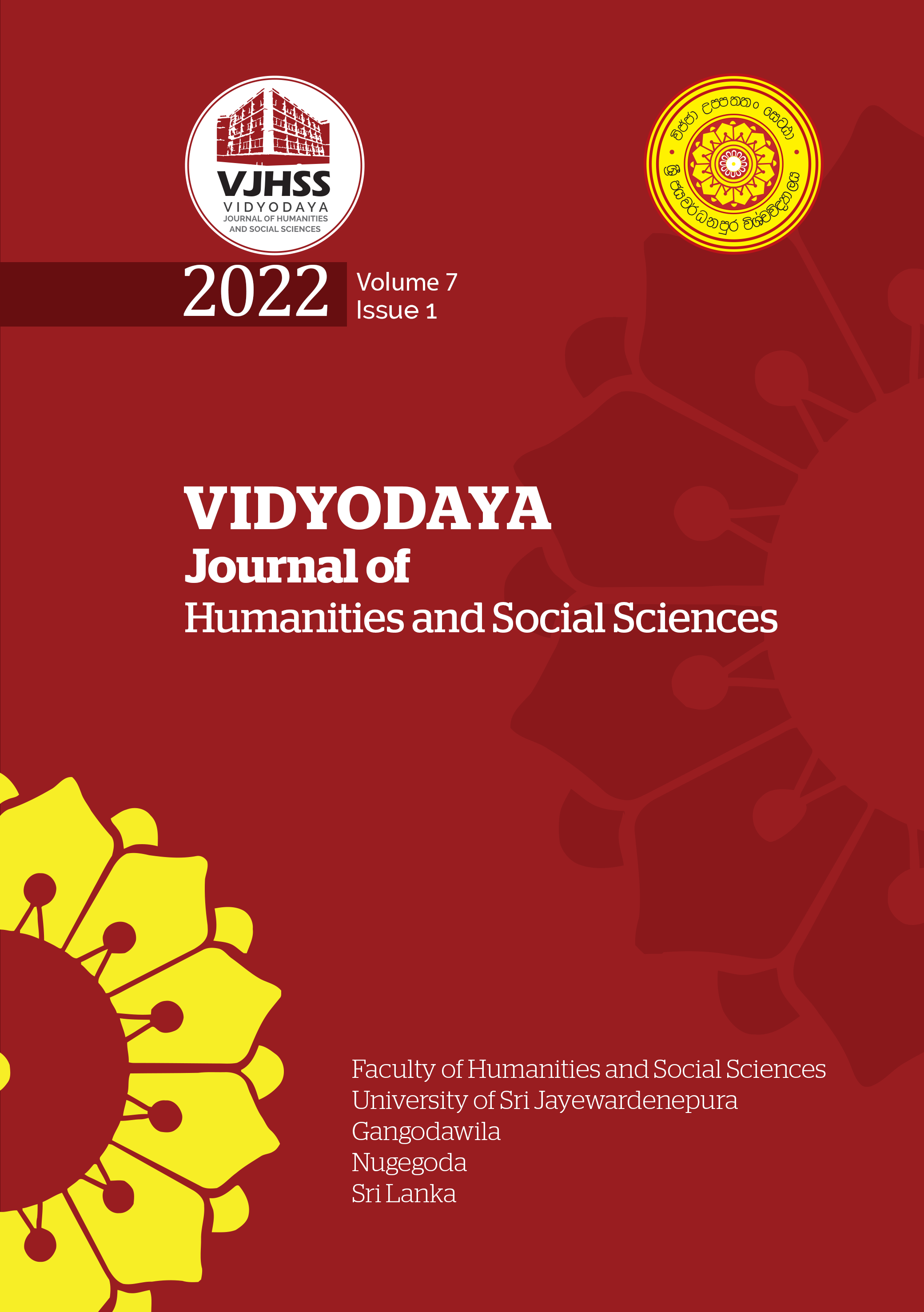Dispositional Mindfulness and Eating Behaviours: Conceptual and Clinical Considerations
Abstract
Dispositional mindfulness is "a non-judgmental state of purposeful awareness that brings attention to the present moment and allows for recognizing and considering internal and external experiences without the pressure to alter the moment or take action". Eating behaviors are classified as restrained, emotional, and external eating. External eating alludes to uncontrollable eating when food triggers such as favourite snacks or sweets are present. Emotional eating is when a person consumes an excessive amount of food in response to negative emotions or negative psychological moods. Restricted eating results in a person eating less food or feeling guilty after eating as a result of being overly concerned with their body weight or shape. In this review, a literature search was performed on PubMed with the keywords "Dispositional Mindfulness" and “eating”. Six out of the sixteen papers met the selection criteria. The literature shows that high dispositional mindfulness levels are related to reduced emotional and uncontrolled external eating irrespective of the clinical variables put in place by each study. The negative psychological mood was associated with reduced dispositional mindfulness, which led to an increased emotional and external eating rate. Substance abuse is another factor that leads to low dispositional mindfulness levels. High levels of dispositional mindfulness are related to frequent exercise and high sleep quality. The review demonstrates that interventions that promote dispositional mindfulness can be utilized to treat persons who engage in negative eating behaviours.



